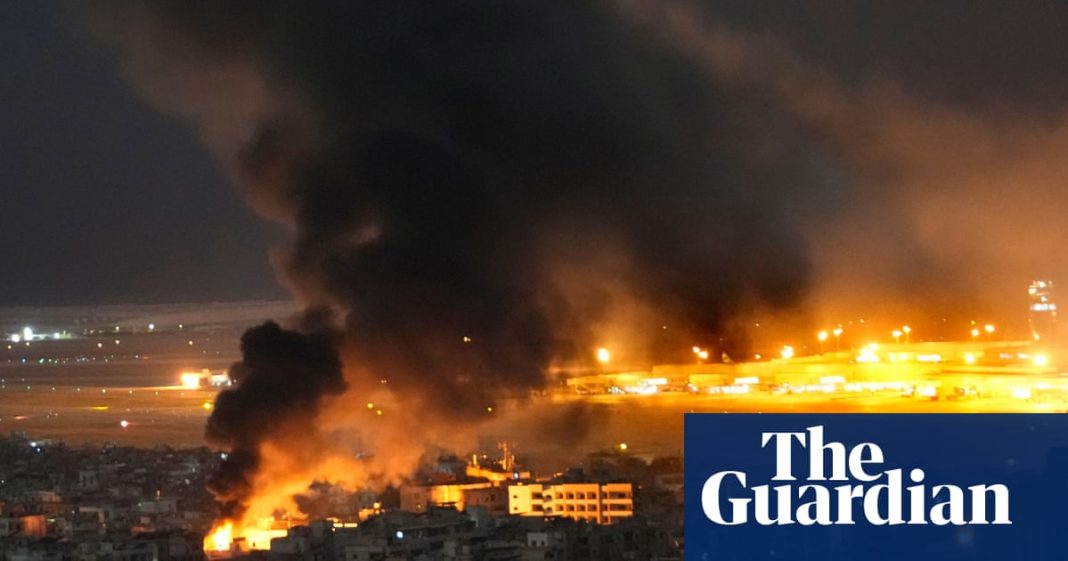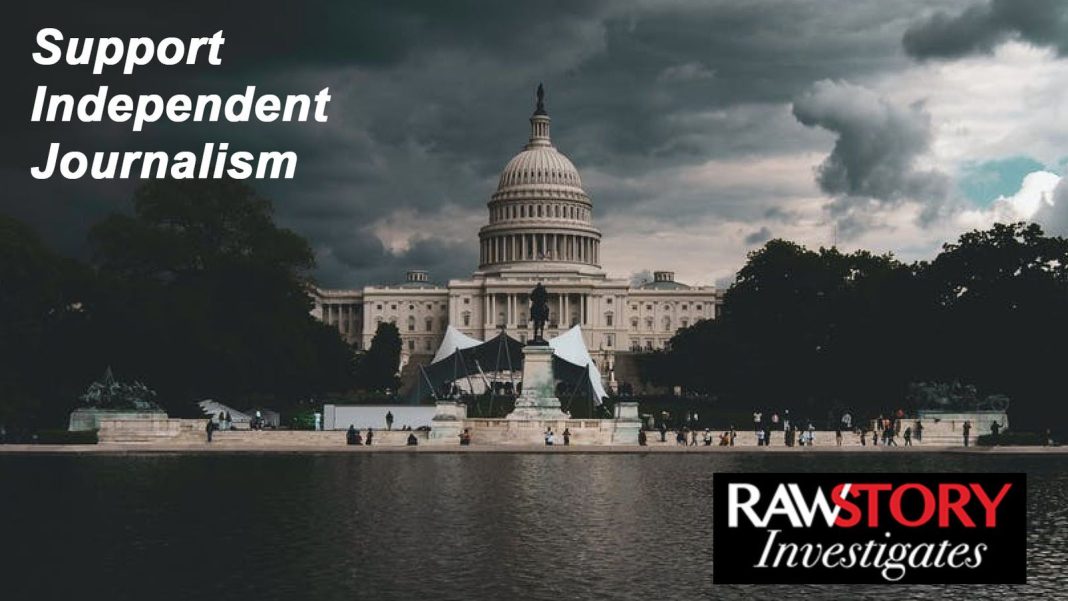Beirut Residents Flee as Israeli Strikes Target Hezbollah-Linked Banking System
In a dramatic escalation of the ongoing conflict between Israel and Hezbollah, hundreds of residents in Beirut’s southern suburbs fled their homes on Sunday night as a series of blasts rocked the area. The Israeli military announced it was preparing strikes on branches of a banking system linked to Hezbollah, intensifying a month-long war that has already caused significant turmoil in the region.
Witnesses reported seeing thick plumes of black smoke rising over the Lebanese capital after at least ten explosions were heard. One building in the Chiyah neighborhood was reduced to rubble, but fortunately, those in the vicinity had evacuated ahead of the blast, resulting in no casualties. The atmosphere was tense, with panicked crowds flooding the streets, creating traffic jams as people sought refuge in what they believed were safer neighborhoods.
The Israel Defense Forces (IDF) had issued a stark warning to residents, urging them to leave areas associated with the Al-Qard Al-Hassan Association, a financial organization sanctioned by the U.S. for its ties to Hezbollah. This association operates over 30 branches across Lebanon, including 15 in densely populated areas of central Beirut and its suburbs. The National News Agency (NNA) reported that at least 11 strikes targeted Al-Qard Al-Hassan in southern Beirut, with additional strikes hitting the organization in Lebanon’s eastern Bekaa Valley and southern regions.
Adding to the chaos, a strike was reported near Beirut’s airport, a crucial hub for humanitarian aid and evacuations. Footage from AFP showed large clouds of smoke rising ominously close to the facility, raising concerns about the safety of those trying to escape the conflict.
The U.S. government has identified Al-Qard Al-Hassan as a financial conduit for Hezbollah, which is backed by Iran. The organization provides loans and services primarily to residents in areas where Hezbollah has a strong presence. IDF spokesperson Avichay Adraee took to social media platform X to warn Lebanese residents, stating, “The IDF will begin attacking infrastructure belonging to the Hezbollah Al-Qard Al-Hassan Association – get away from it immediately.” He accused the association of financing Hezbollah’s operations against Israel, justifying the military’s actions as necessary to disrupt the group’s economic capabilities.
A senior Israeli intelligence official elaborated on the military’s strategy, indicating that the strikes aim to cripple Hezbollah’s financial infrastructure not just during the current conflict but also to hinder its ability to rebuild and rearm in the future. This approach reflects a broader strategy by Israel to target the economic underpinnings of groups it considers threats.
In a statement, Al-Qard Al-Hassan condemned the strikes, asserting that Israel had run out of legitimate targets and resorted to attacking a non-profit organization. The situation is further complicated by the ongoing military campaigns in both Gaza and Lebanon, which have intensified following the killing of Hamas leader Yahya Sinwar, raising hopes for potential ceasefire negotiations.
On the ground, the situation remains volatile. The IDF reported that around 70 projectiles were fired from Lebanon into Israel within minutes on Sunday, with some intercepted by Israeli defenses. Meanwhile, the UN peacekeeping force in Lebanon (UNIFIL) reported that an Israeli bulldozer had deliberately demolished an observation tower and perimeter fence at its position in southern Lebanon, prompting concerns about the safety of UN personnel in the area.
As the conflict escalates, world powers are closely monitoring the situation, particularly in light of recent Iranian strikes on Israel. Leaked U.S. documents have suggested that Israel may be planning retaliatory actions against Iran, adding another layer of complexity to an already tense situation.
With the conflict showing no signs of abating, the humanitarian implications for the people of Lebanon are dire. As residents flee their homes and seek safety, the international community watches closely, hoping for a resolution to the violence that has plagued the region for far too long.



